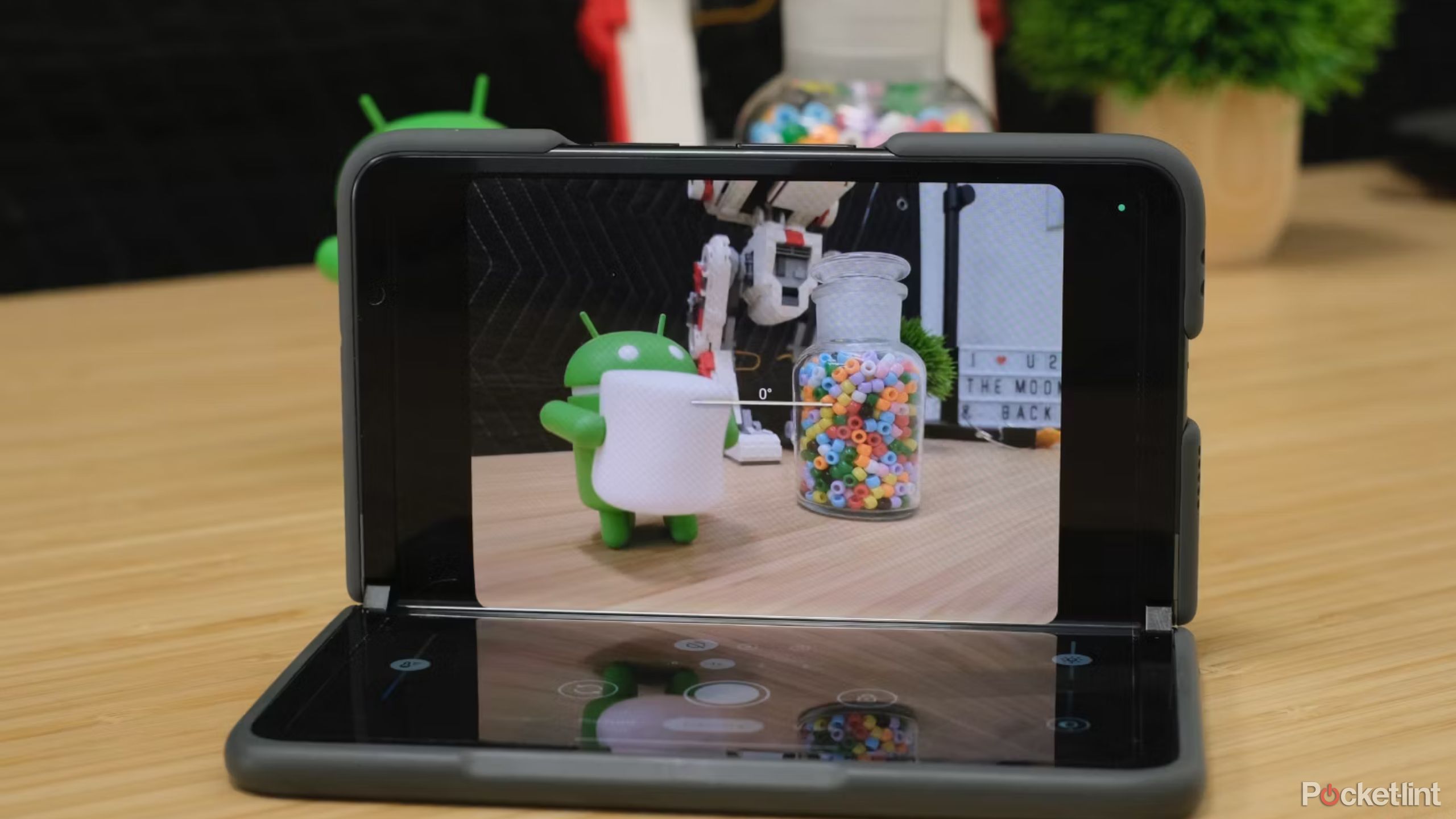Key Takeaways
- Android 15 updates are on the way, including new features like satellite messaging and lockscreen widgets for tablets.
- The Pixel Fold 2 may debut with a slimmer design and the new Tensor G4 processor for improved performance.
- Google’s generative AI tech, Gemini, will take the spotlight with possible upgrades and a rumored exclusive AI assistant, Pixie.
Google is hosting its annual I/O developer conference today. As usual, the company is kicking it off with a keynote presentation in front of a small live audience, letting the rest of world watch online. Several announcements are virtually guaranteed — but there others that are up in the air or simply longshots. Let’s go over everything we’ve heard so fa, plus how to watch it yourself.
iPad Pro, Air, and Pencil Pro: Everything announced at Apple’s ‘Let Loose’ event
After over a year of waiting, Apple showed off new versions of the iPad Air, iPad Pro, Apple Pencil, and Magic Keyboard.
When and where to watch Google I/O
Google I/O 2024 starts Tuesday, May 14, at 10am PT (1pm ET). You can watch by tuning into Google’s live blog here or from the video above.
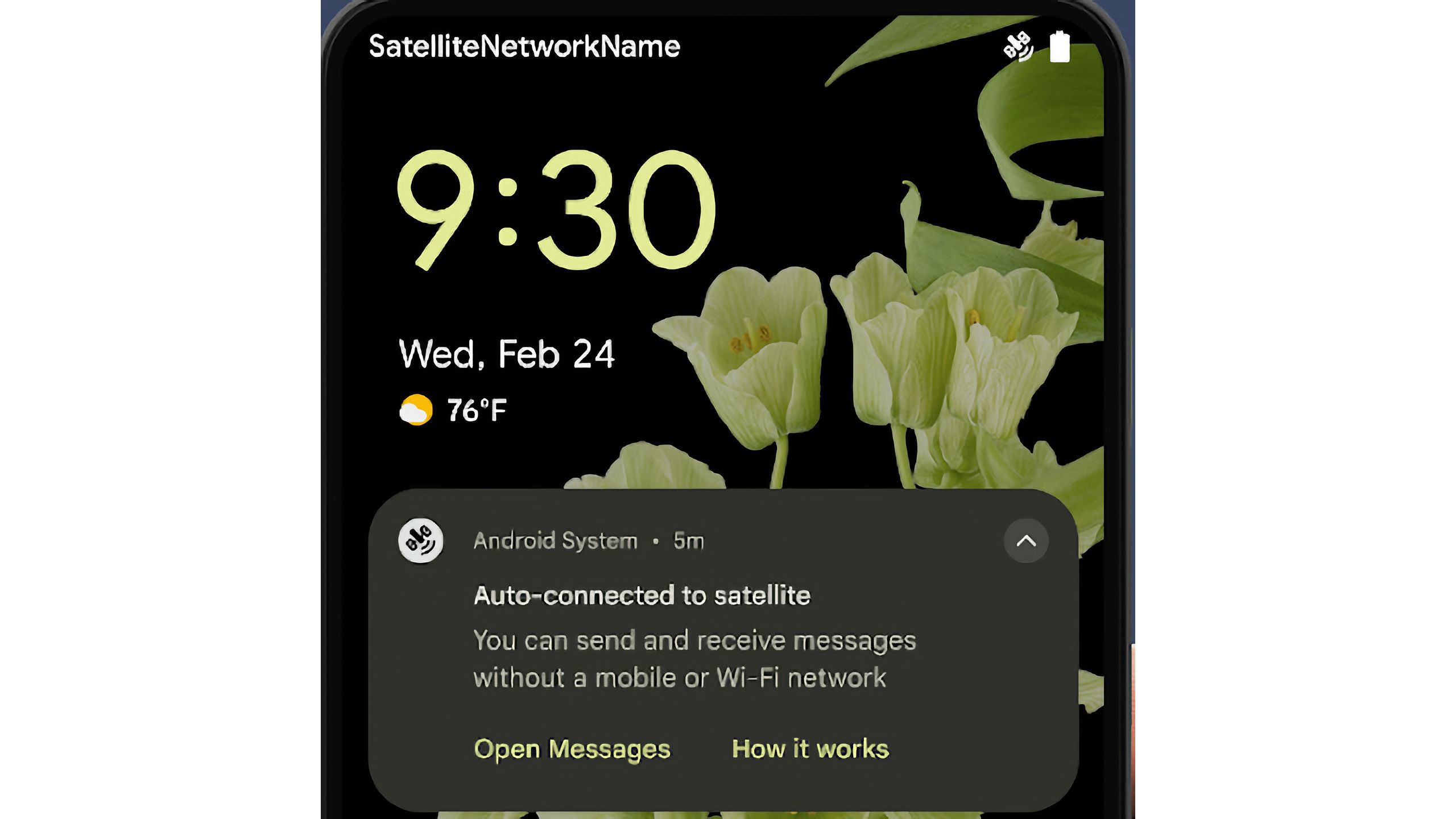 Android 15
Android 15
Laying the groundwork
Something in the “guaranteed” column is more info about Android 15. The next major Android update is already in its beta phase and due for final release sometime after July, but Google will want to demonstrate features to both developers and the public, some of which have only been teased or rumored. While Google has confirmed that satellite messaging is coming, for instance, it’s presumably waiting for I/O to show it off. We could also see new lockscreen widgets for tablets, improvements in battery health monitoring, and a Private Space feature for hiding apps and data. Google could hypothetically narrow down a launch window for the OS, but that’s unlikely given its track record at I/O and the flexibility offered by a vague launch date. The most likely timeframe is October, as with Android 14.
Pixel Fold 2
A peek inside Google’s next foldable phone
The original Pixel Fold premiered at I/O 2023, and leaks about a Pixel Fold 2 are circulating. The new device could sport a slimmer design, a diffrent aspect ratio, and rearranged front and rear cameras — but the bigger news is that it could be the first device with Google’s Tensor G4 processor, jumping ahead of the G3 chip used in the Pixel 8 lineup. Performance might be further boosted by a RAM bump from 12 to 16GB.
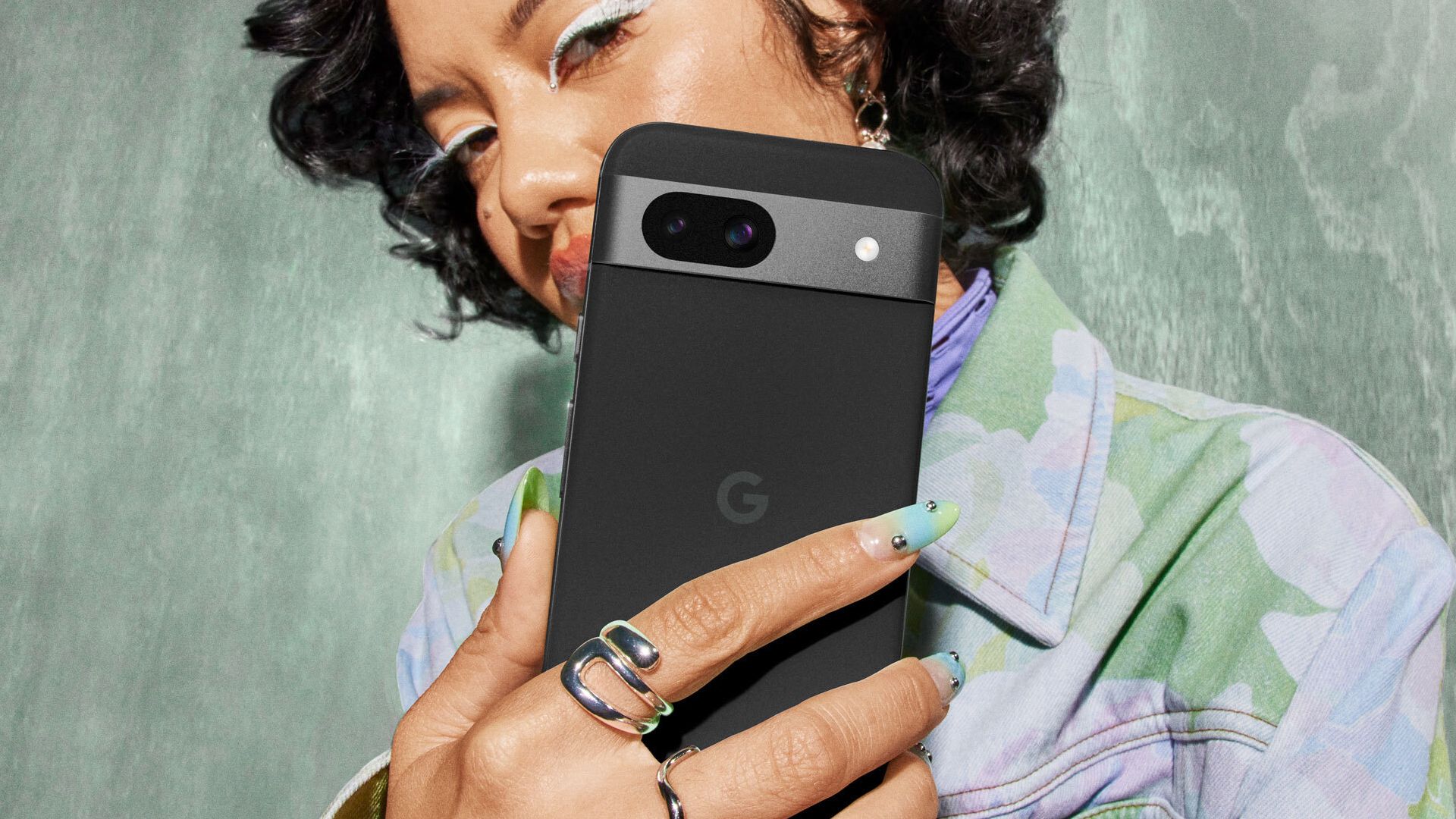
Google Pixel 8a arrives with Gemini AI at its core and 7 years of updates
There are still some feature cuts to keep the price in mid-range territory.
Some rumors suggest that the Fold 2 won’t launch until October, and that it might actually be called the Pixel 9 Pro Fold to associate it with upcoming flagship devices. Regardless of the name, we might see a glimpse of the Fold 2 at I/O 2024, but only the barest details.
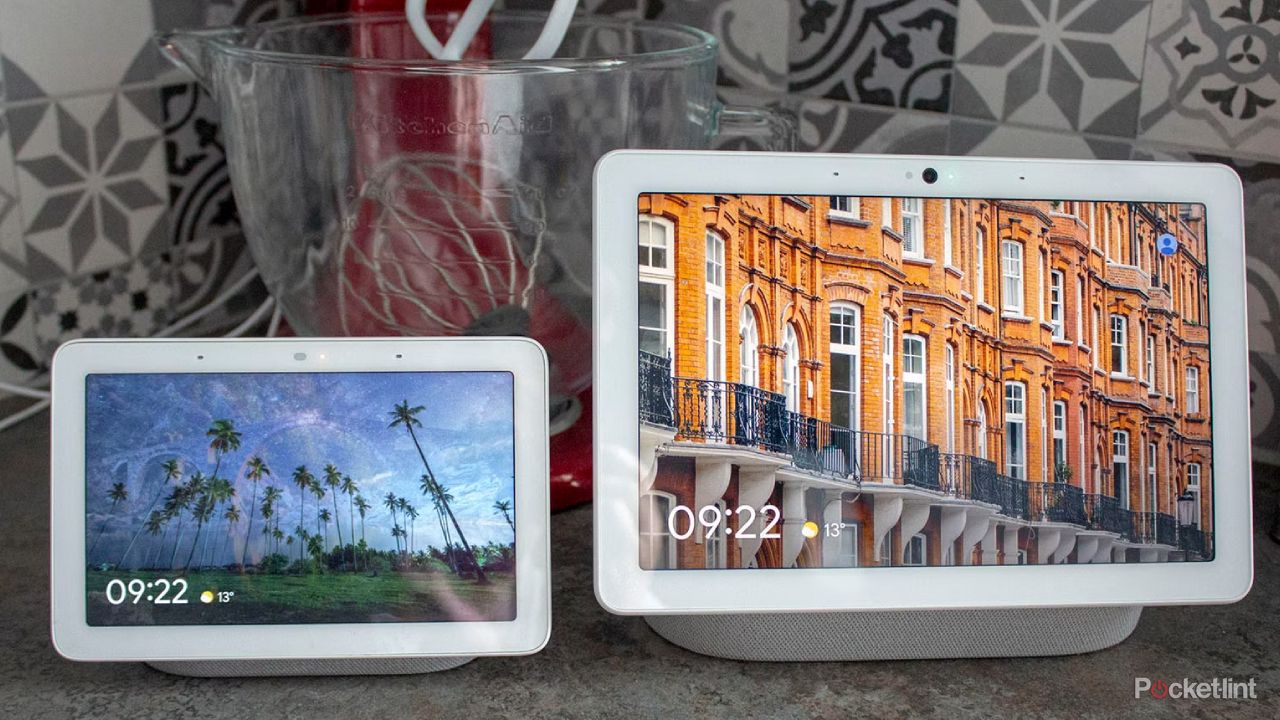 Google Gemini and other AI advancements
Google Gemini and other AI advancements
The star of the show
Gemini is of course Google’s generative AI tech, capable of writing text, answering questions, and performing a selection of more advanced tasks like coding and image generation. The company was already obsessed with AI prior to its launch, so be prepared to hear a lot more in May, including future upgrades and expansions.
The company was already obsessed with AI prior to its launch, so be prepared to hear a lot more in May, including future upgrades and expansions.
What might those be? One of them is rumored to be Pixie, an AI assistant that could be exclusive to Pixel 9 devices but based on Gemini. Google is nowhere near discussing the Pixel 9 lineup in any depth, yet it would make sense to let developers in on Pixie now so they’re prepared to support it later this year.
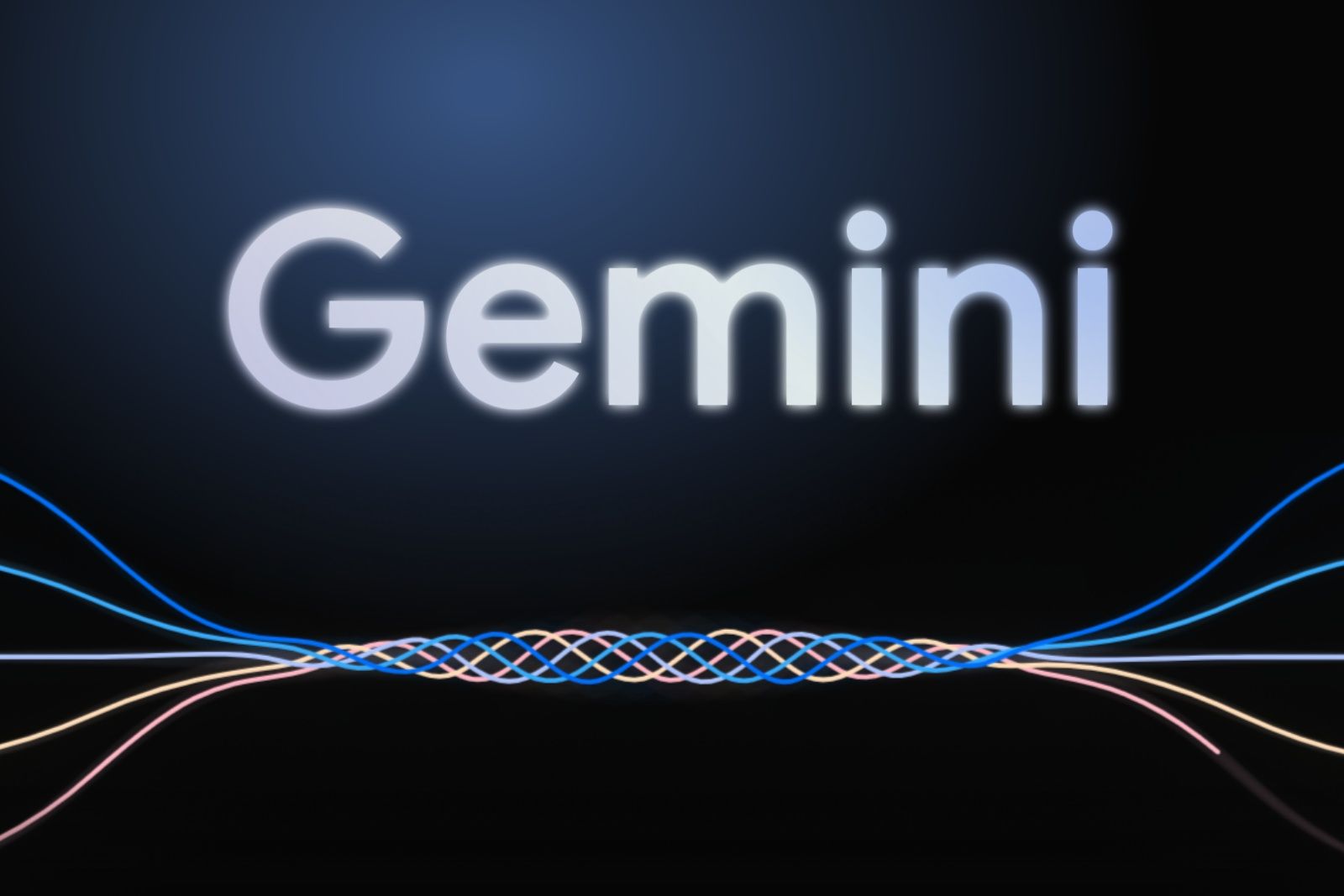
What is Gemini? Google’s AI model and GPT-4 alternative explained
Gemini is here and outperforming GPT-4, by integrating text, images, video, and sound. Here’s everything you need to about Google’s AI model.
There’s also the matter of Google Assistant. It’s expected that Gemini will eventually replace Assistant everywhere — that’s already an option on some Android phones — but to do that it has to take over more responsibilities, particularly smart home control. Indeed none of the current Google Nest speakers or displays can run Gemini, so we’re likely to see those devices refreshed by the end of the year. That’s supported by code buried in the Google Home app, which makes mention of unreleased Nest hardware. The company is overdue, at least — the last major Nest product was the second-generation Nest Hub, which shipped in 2021.
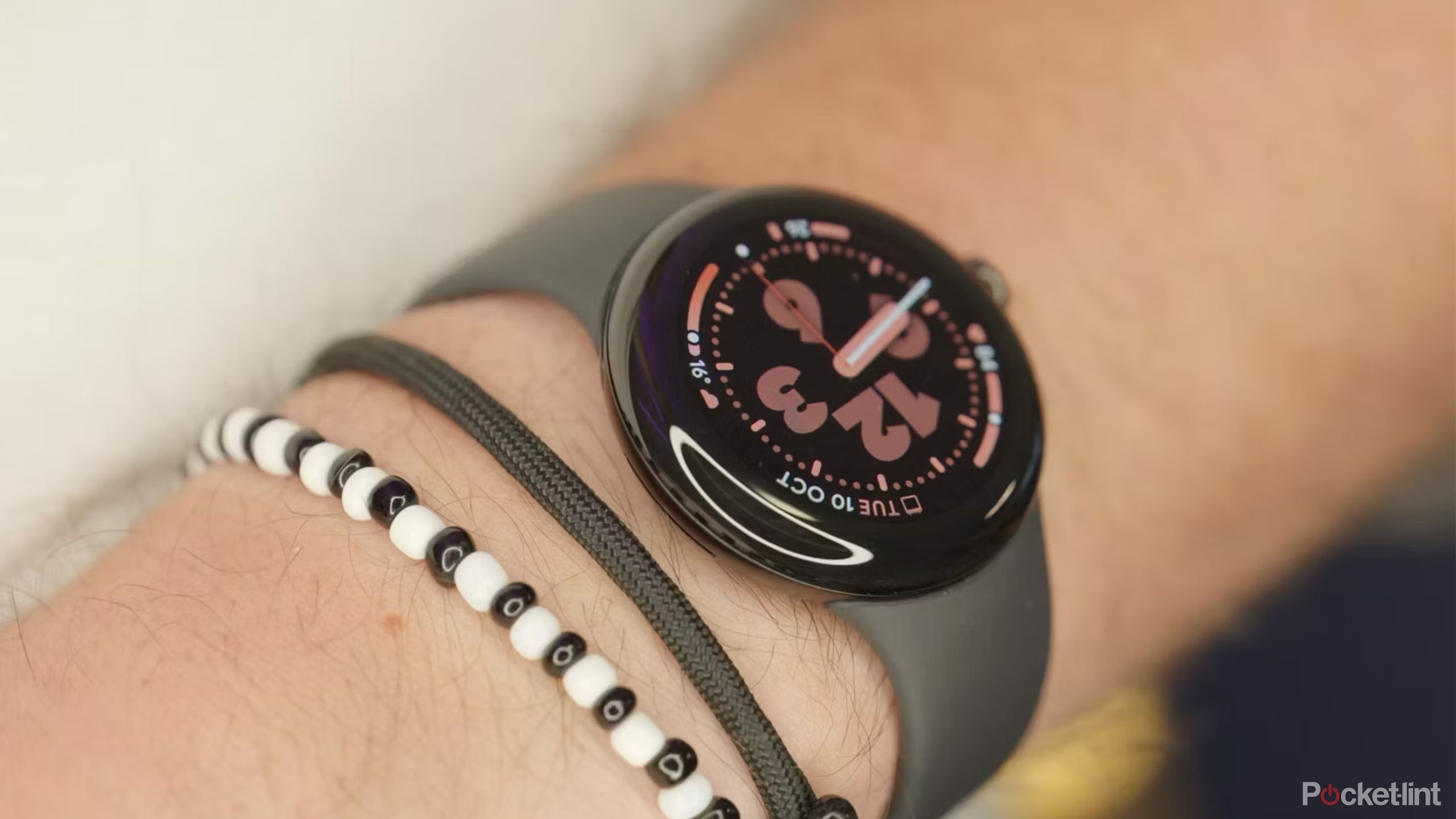 Wear OS 5
Wear OS 5
Prepping for the Pixel Watch 3?
With the company already on a second-generation Pixel Watch, Google has a vested interest in pushing Wear OS forward. One developer panel at I/O is slated to discuss “advances in the Watch Face Format,” which suggests that we’ll see some sort of Wear OS update. A refresh is probably overdue, as with Google Nest hardware — Wear OS 4 is based on Android 13, whereas many phones and tablets have been running Android 14 for months. Ideally we’d see Wear OS development sync up with Android 15, but we’re not holding our breath for that one.
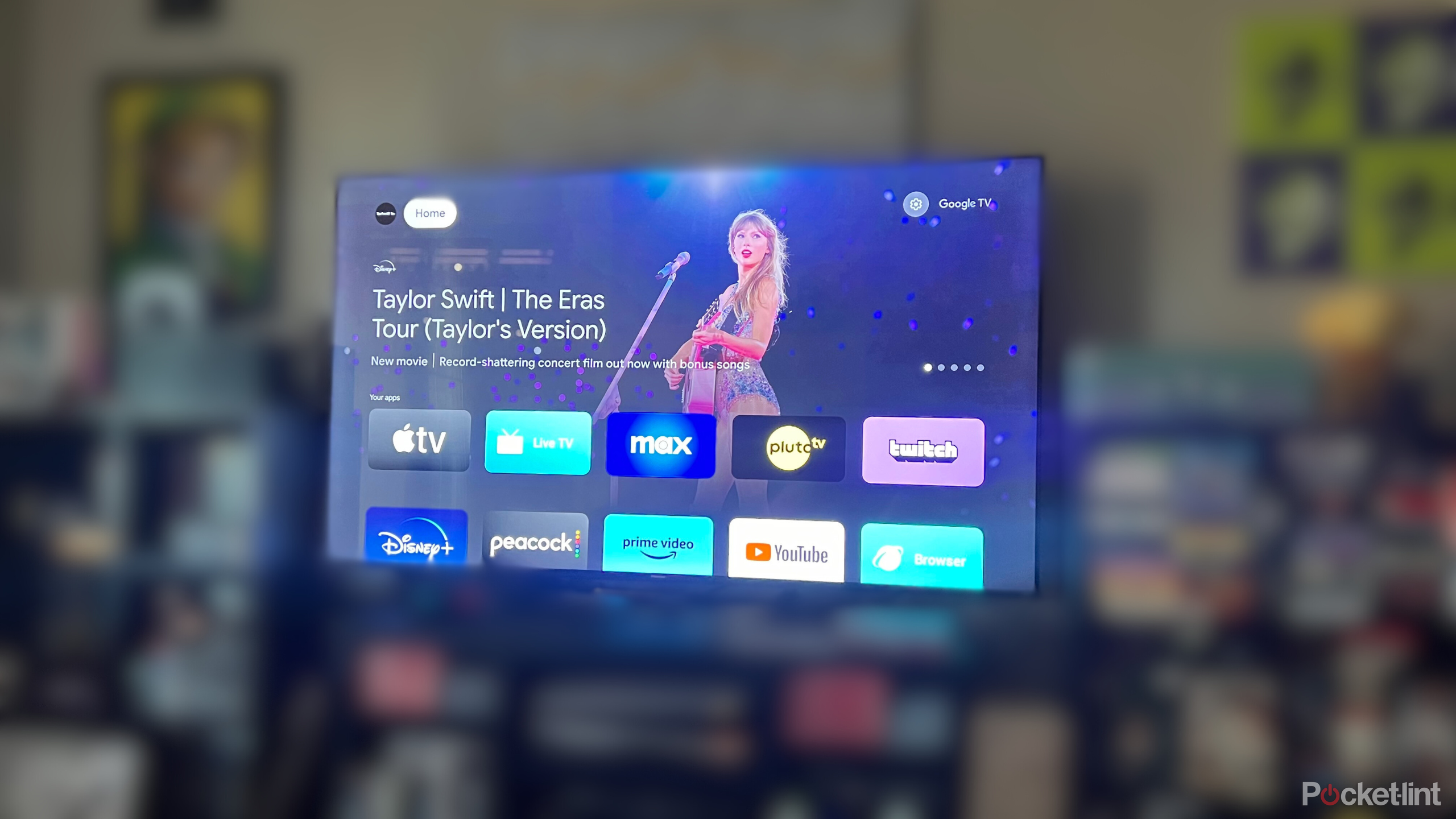 Google TV and Android TV
Google TV and Android TV
Maybe new devices, but nothing revolutionary
Rumors have been oddly quiet about Google’s smart TV platforms. An I/O session page does, however, prompt developers to “discover new user experience enhancements in Google TV and the latest additions to the next Android TV OS platform update.” Since Google TV is based off Android TV, that indicates both being updated in some way, even if the enhancements turn out to be minor. 9to5Google has shared rumors about an upgraded 4K Chromecast, which could offer a faster processor, more RAM and storage, and/or a redesigned remote. Since the current model dates back to 2020, an update is certainly called for — especially if there’s a chance of supporting Gemini functions.
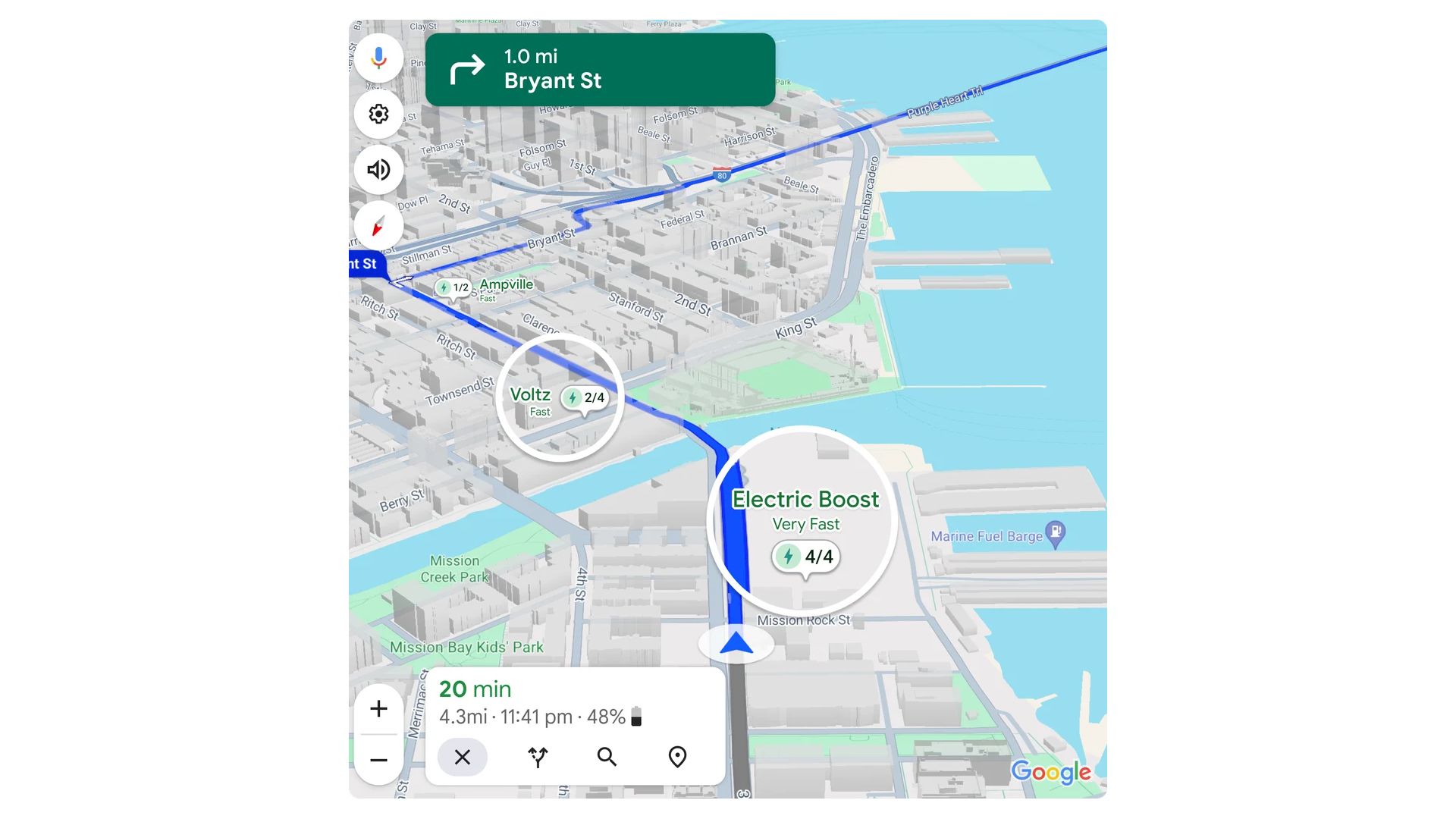 Is there anything else we could see?
Is there anything else we could see?
It’s always good to expect a few surprises
It’s hard to say. Google will almost certainly touch on its core advertising business, as well as its many services, like Gmail and Google Maps. It’s also in an awkward situation with AR and VR technology — while it was an early AR pioneer with Glass, that product ultimately fizzled out, making room for Oculus/Meta and later Apple to establish serious footprints. Google could hypothetically surprise us by revealing a new headset, but then even the Apple Vision Pro isn’t meeting its modest sales forecasts, so it might not be in any rush until AR technology is cheaper, more compact, and offers better battery life.
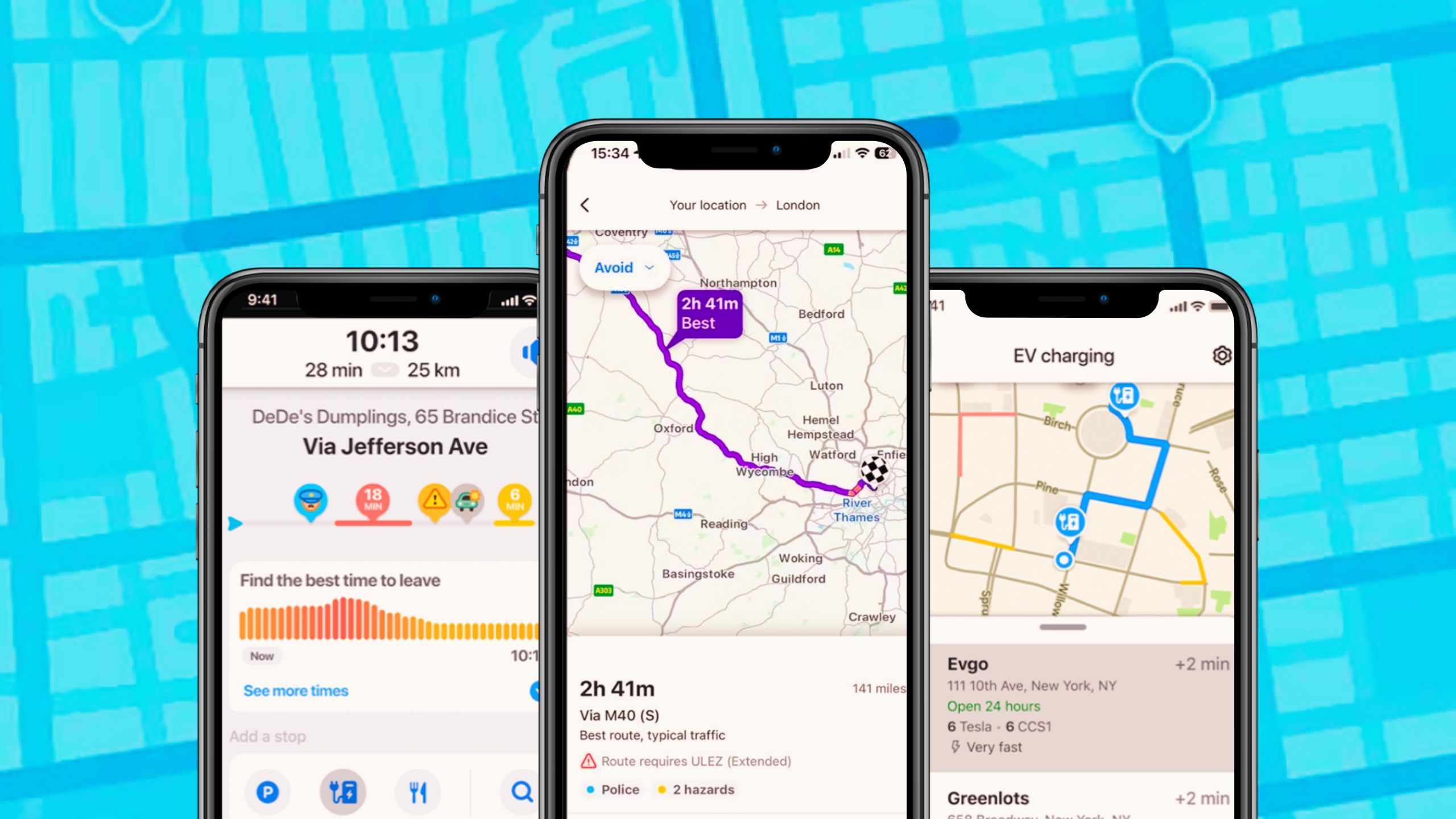
5 reasons why I use Waze instead of Google Maps
Google has two free navigation apps: Waze and Google Maps. Here’s why, after all these years, I still use Waze over Google Maps.
Will Google say anything about the Pixel 9 and 9 Pro? Possibly, but as we noted earlier, it’s not going to be much if anything. The same goes for a second-generation Pixel Tablet and the Pixel Watch 3. Anything beyond a teaser will probably have to wait for the fall, when Google typically releases its most high-profile devices.
Trending Products

Cooler Master MasterBox Q300L Micro-ATX Tower with Magnetic Design Dust Filter, Transparent Acrylic Side Panel, Adjustable I/O & Fully Ventilated Airflow, Black (MCB-Q300L-KANN-S00)

ASUS TUF Gaming GT301 ZAKU II Edition ATX mid-Tower Compact case with Tempered Glass Side Panel, Honeycomb Front Panel, 120mm Aura Addressable RGB Fan, Headphone Hanger,360mm Radiator, Gundam Edition

ASUS TUF Gaming GT501 Mid-Tower Computer Case for up to EATX Motherboards with USB 3.0 Front Panel Cases GT501/GRY/WITH Handle

be quiet! Pure Base 500DX ATX Mid Tower PC case | ARGB | 3 Pre-Installed Pure Wings 2 Fans | Tempered Glass Window | Black | BGW37

ASUS ROG Strix Helios GX601 White Edition RGB Mid-Tower Computer Case for ATX/EATX Motherboards with tempered glass, aluminum frame, GPU braces, 420mm radiator support and Aura Sync


